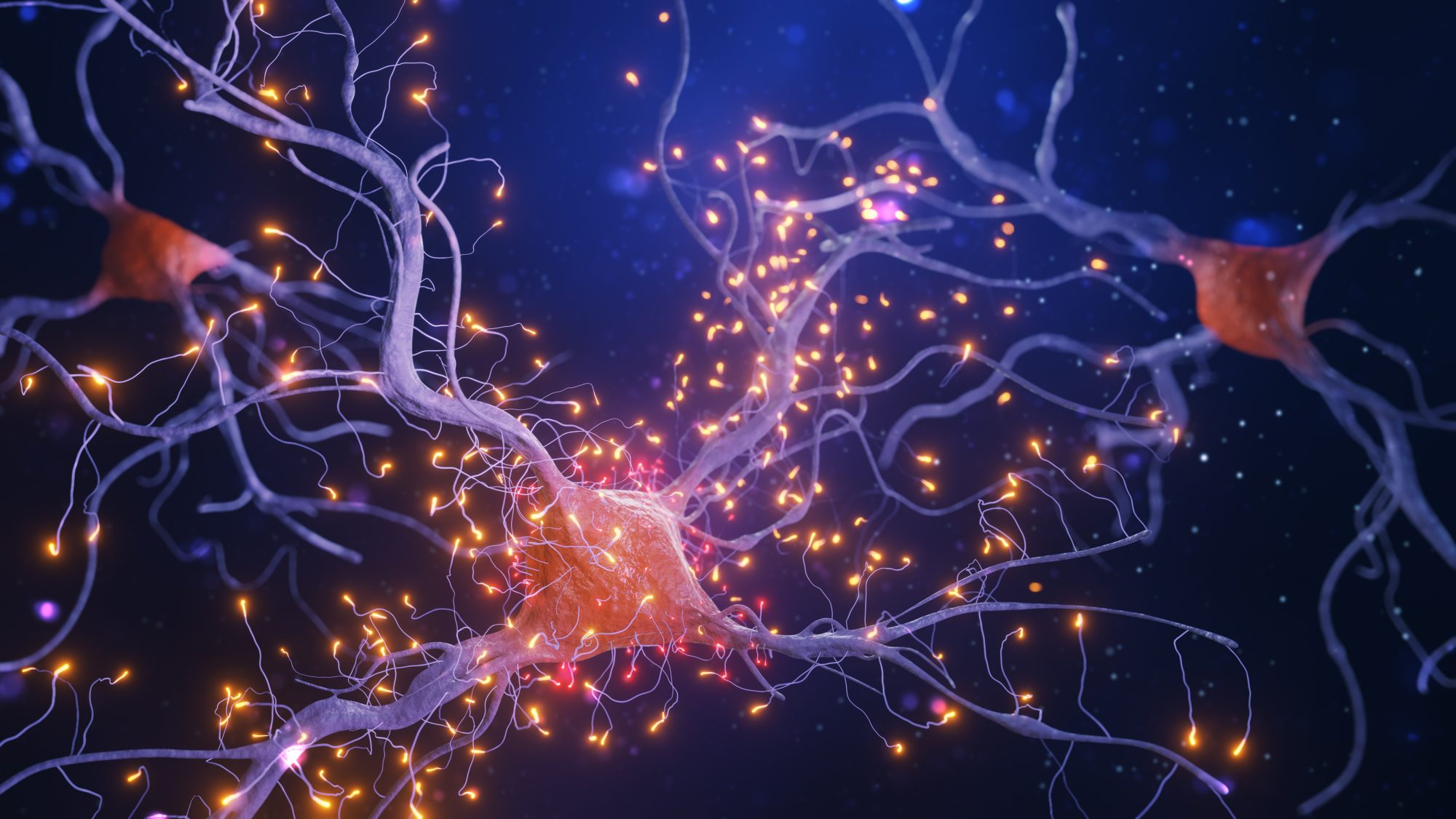Researchers have identified the gene in the brain which drives anxiety symptoms – which, if modified, could reduce anxiety levels
Researchers from the Universities of Bristol and Exeter identify the molecular events in the brain that underpin anxiety symptoms, looking to see if changes to these molecules could provide anxiety relief.
Anxiety disorders are extremely common, with at least 1 in 4 people being diagnosed with a disorder at least once in their lifetime. However, treatment for this condition is tricky, and drugs do not always prevent anxiety enough.
Anxiety symptoms can be triggered by an array of causes. Severe psychological trauma can trigger genetic, biochemical, and morphological changes in neurons in the brain’s amygdala — the brain region implicated in stress-induced anxiety, leading to the onset of anxiety disorders, including panic attacks and post-traumatic stress disorder (PTSD).
They estimate that with modification, the gene can reduce anxiety levels, which paves the way for an exciting novel drug target for anxiety disorders.
Anti-anxiety drugs are often prescribed without the full understanding of the condition
Unfortunately, up to 50% of patients with anxiety do not achieve full remission, despite multiple medication attempts – noting a gap in drug treatment which needs to be explored.
50% of patients with anxiety do not achieve full remission
The efficacy of currently available anti-anxiety drugs is low, and there has been limited success in developing potent anxiolytic (anti-anxiety) drugs.
This, the researchers note, is primarily due to our poor understanding of the neural circuits which cause anxiety, and the molecular events resulting in stress-related neuropsychiatric states.
Acute stress changes molecule expression
To change this, the study analysed a group of molecules, known as miRNAs in animal models. miRNAs are small, non-coding RNA fragments that orchestrate complex neuronal responses by simultaneous transcriptional/translational repression of multiple target genes.
This vital group of molecules found in both mouse and human brains, regulates multiple target proteins controlling the cellular processes in the amygdala.
Following acute stress, there was an increased amount of one type of molecule called miR483-5p in a mouse amygdala – this increased miR483-5p suppressed the expression of another gene, Pgap2, which in turn drives changes to neuronal morphology in the brain and behaviour associated with anxiety.
The study demonstrated how miR-483-5p acts as a molecular brake that offsets stress-induced amygdala changes to promote anxiety relief.
Offsetting stress-induced amygdala changes to promote anxiety relief
The discovery of a novel amygdala miR483-5p/Pgap2 pathway through which the brain regulates its response to stress is a huge step towards the discovery of novel, more potent treatments for anxiety symptoms and disorders, set to enhance this neural pathway.
Dr Valentina Mosienko, one of the study’s lead authors and an MRC Fellow and Lecturer in Neuroscience in Bristol’s School of Physiology, Pharmacology and Neuroscience, said: “Stress can trigger the onset of a number of neuropsychiatric conditions that have their roots in an adverse combination of genetic and environmental factors.
“While low levels of stress are counterbalanced by the natural capacity of the brain to adjust, severe or prolonged traumatic experiences can overcome the protective mechanisms of stress resilience, leading to the development of pathological conditions such as depression or anxiety.
“The molecular and cellular mechanisms they use to regulate stress resilience and susceptibility were until now, largely unknown”
“miRNAs are strategically poised to control complex neuropsychiatric conditions such as anxiety. But the molecular and cellular mechanisms they use to regulate stress resilience and susceptibility were until now, largely unknown.
“The miR483-5p/Pgap2 pathway we identified in this study, activation of which exerts anxiety-reducing effects, offers a huge potential for the development of anti-anxiety therapies for complex psychiatric conditions in humans.”











